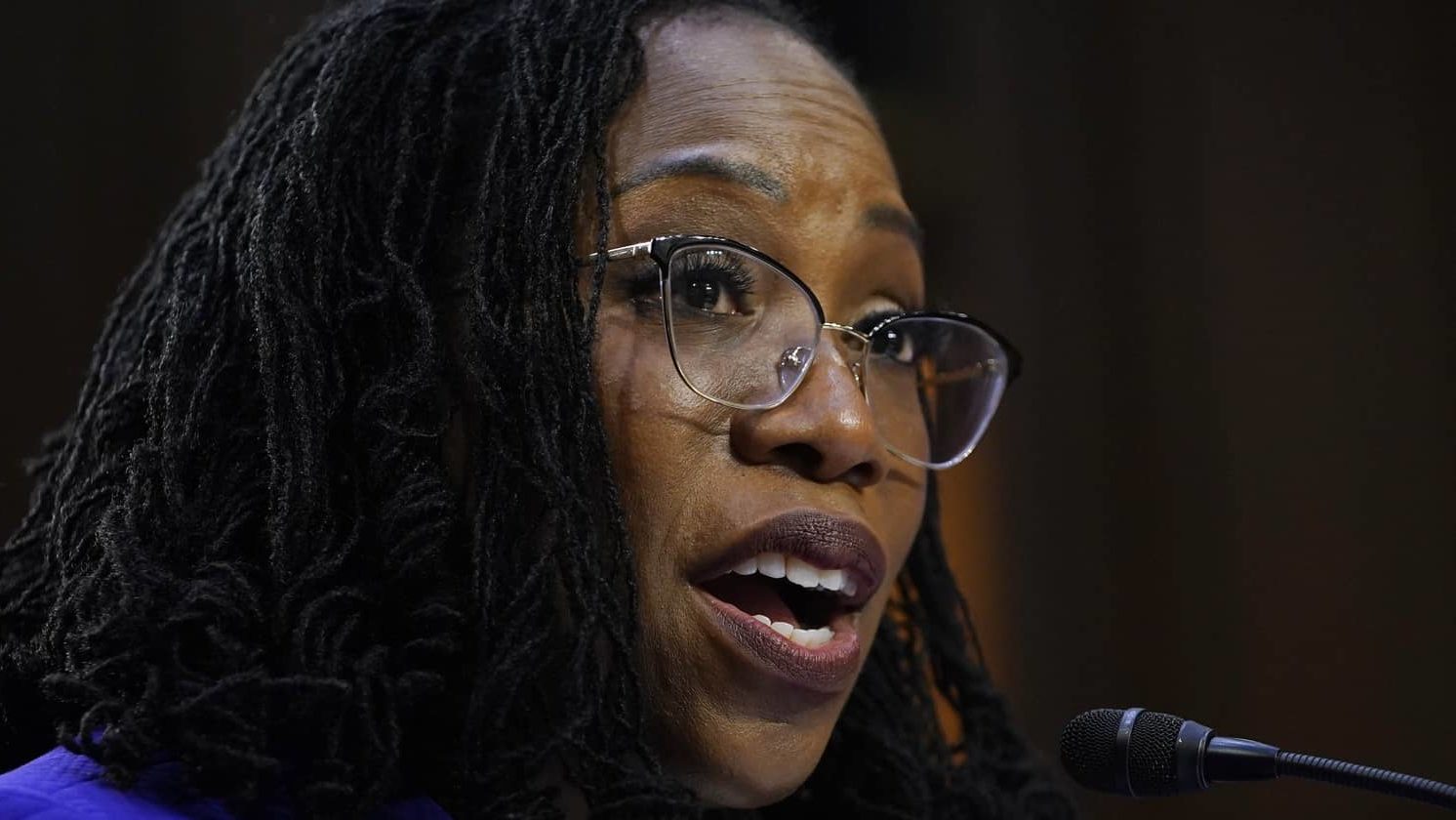
News: Ketanji Brown Jackson Confirmation Hearing
WASHINGTON (AP) — History was made the instant Judge Ketanji Brown Jackson appeared before the Senate Judiciary Committee, the first Black woman nominated to the Supreme Court.
President Joe Biden promised he would choose a Black woman for the job and the 51-year-old Harvard-trained Jackson emerged as an early favorite, having won support from the Senate several times before, including a year ago to be an appellate court judge. Democrats have the potential votes in the 50-50 Senate to confirm Jackson, to replace retiring Justice Stephen Breyer, even if all Republicans line up opposed.
Some takeaways from Monday’s session, the first day of Jackson’s confirmation hearing:
HISTORY IS MADE
“Today is a proud day for America,” said Sen. Dick Durbin, D-Ill., the committee chairman, as he opened the historic hearing.
It’s taken 233 years to arrive at this moment, the first Black woman nominated to be a justice on the Supreme Court, which once upheld racial segregation in America.
Yet as history is being made, it is also carrying echoes of an earlier ground-breaking era.
Senators on the Republican side are criticizing Jackson’s record as too soft on crime, much the way Southern senators in 1967 linked race and crime during a time of riots in cities nationwide when Thurgood Marshall, the storied civil rights lawyer, was nominated by President Lyndon B. Johnson to be the first Black justice.
Jackson would be the first federal public defender on the court, and Marshall as a civil rights lawyer worked around the country defending Black Americans often facing trumped up charges.
DEFENDING ‘GRAND EXPERIMENT OF AMERICAN DEMOCRACY’
Jackson told the senators that if confirmed to the court, she would work “to support and defend the Constitution and this grand experiment of American democracy.”
The judge’s own life story is part of that history. She told senators that she stands before them on the shoulders of giants — including her own parents, public school teachers, who left segregated Florida for a better life in Washington, D.C.
She was born in the aftermath of the civil rights era, and her parents gave her an African name — “Ketanji Onyika,” which they were told means “lovely one,” she explained. They taught her that unlike the barriers they faced, that if she worked hard, “I could do anything or be anything I wanted to be.”
—Copyright 2021 Associated Press. All rights reserved. This material may not be published, broadcast, rewritten, or redistributed.














